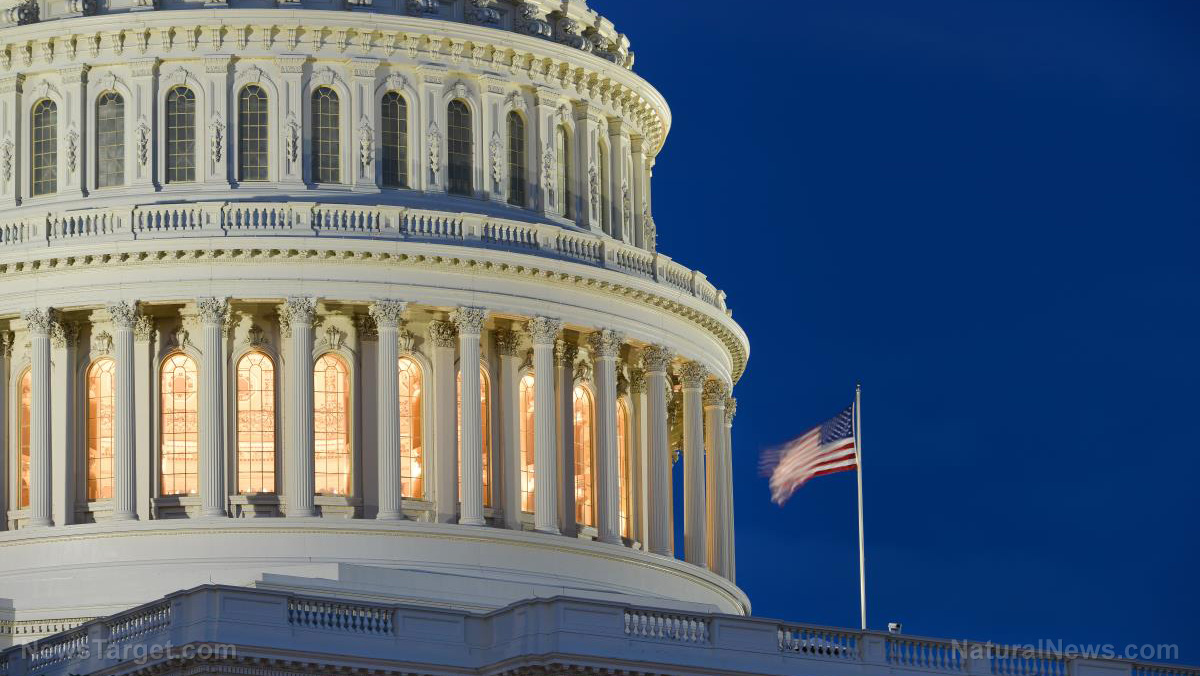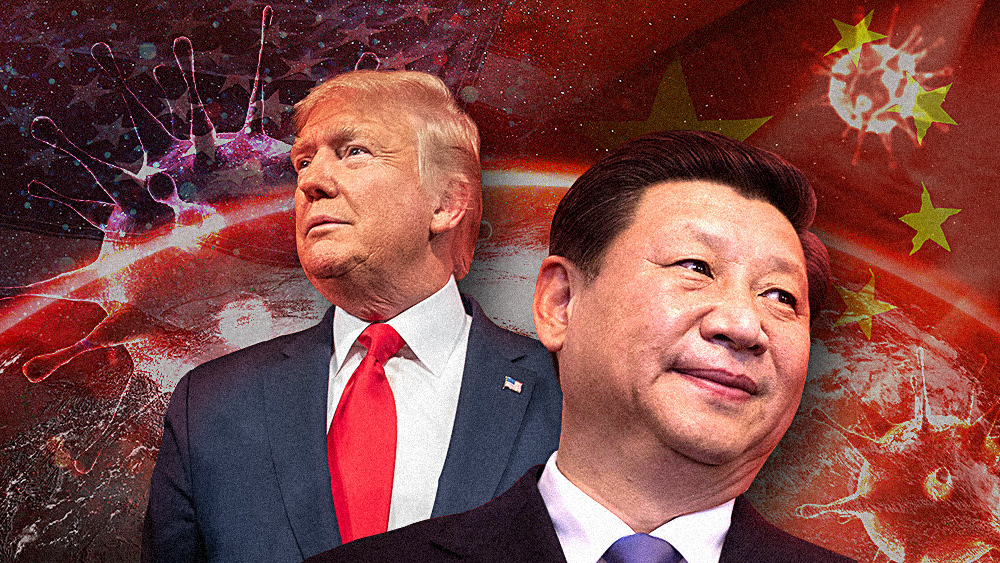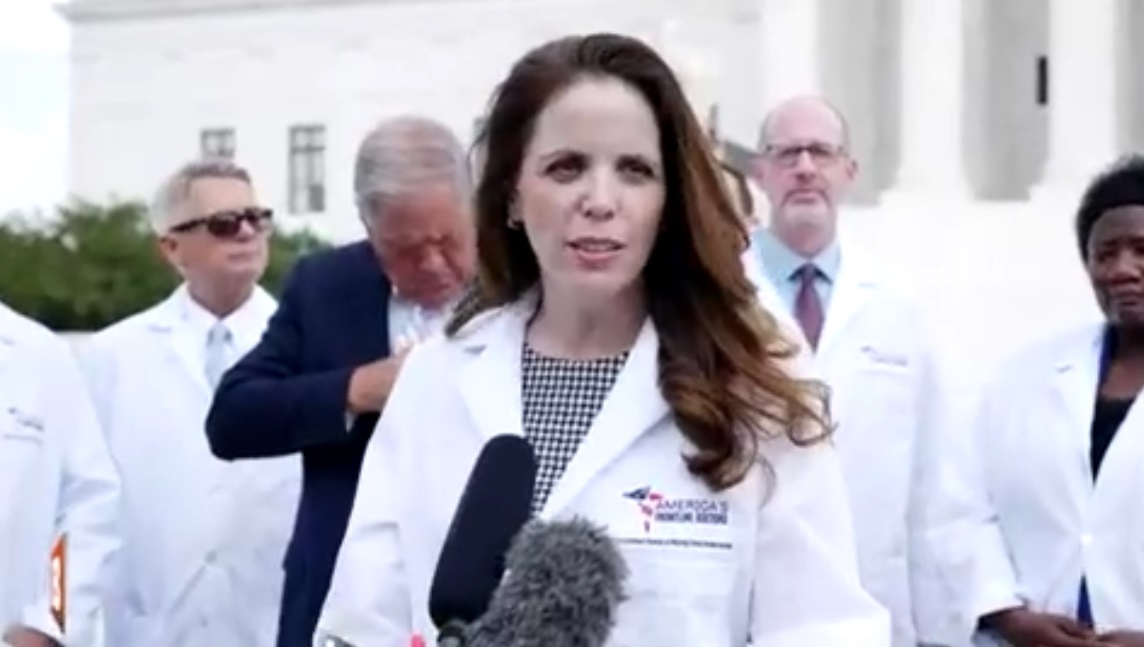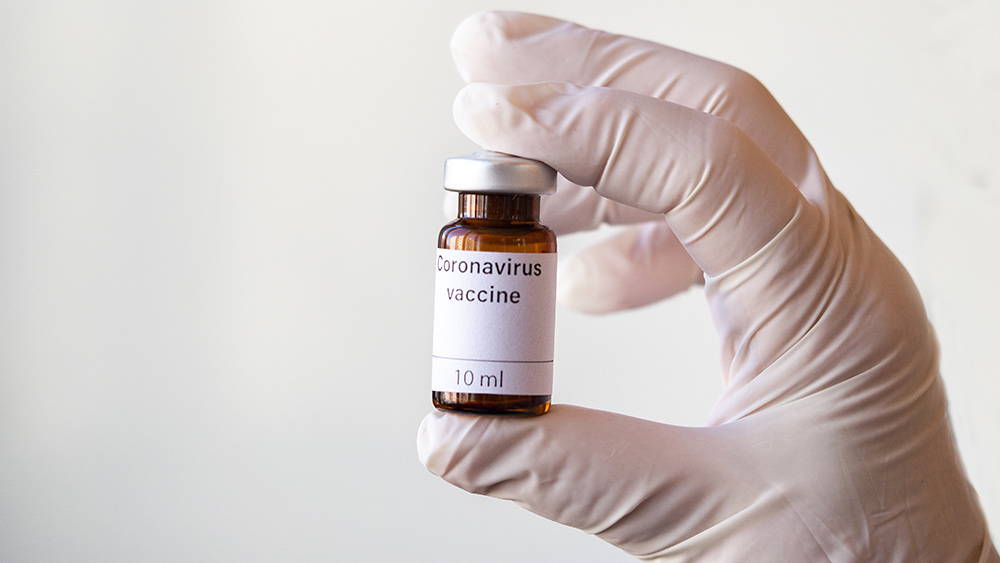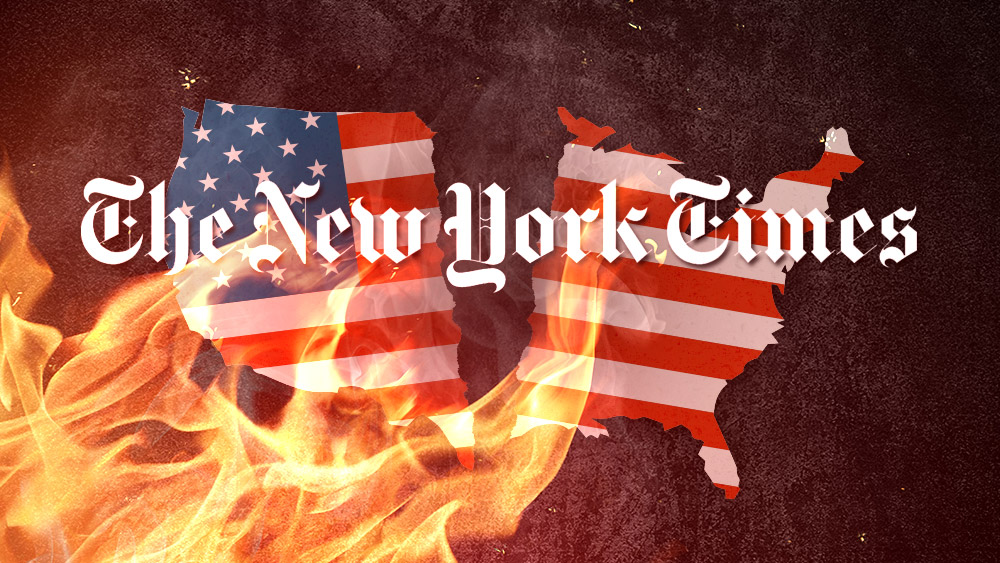White House challenges Big Tech in new petition to FCC
07/30/2020 / By Franz Walker
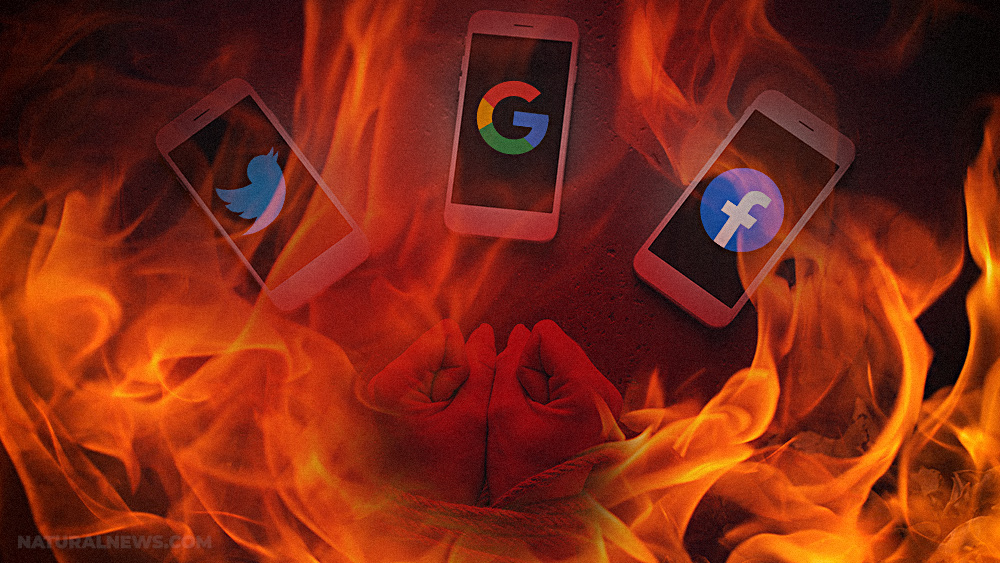
The White House confirmed Wednesday that the National Telecommunications and Information Administration (NTIA) had filed a petition to the Federal Communications Commission (FCC) challenging the regulation of large social media companies.
Filed on Monday, July 27, the petition seeks to clarify the scope of Section 230 of the Communications Decency Act. It requests that “the FCC clarify when an online platform curates content in ‘good faith,’ and requests transparency requirements on their moderation practices.”
“President Trump will continue to fight back against unfair, un-American, and politically biased censorship of Americans online,” said a statement from the White House press secretary.
Petition calls for transparency from social media networks
President Donald Trump directed the NTIA – the Department of Commerce agency that serves as the president’s principal adviser on telecommunications policies – to file the petition after Twitter warned readers in May to fact-check his posts about unsubstantiated claims of fraud in mail-in voting.
In its petition, the NTIA said that it wants the FCC to require social media companies to “publicly disclose accurate information regarding its content-management mechanisms” to “enable users to make more informed choices about competitive alternatives.”
Trump, who is up for re-election this November, has repeatedly expressed anger at social media companies for their supposed censorship of his posts. Most recently, he complained that Twitter’s trending topics feature was unfair.
“They look for anything they can find, make it as bad as possible, and blow it up, trying to make it trend,” he said.
Brendan Carr, one of three Republican commissioners on the five-member FCC, said that the NTIA petition “provides an opportunity to bring much-needed clarity to the statutory text.”
Both Democratic commissioners, however, Jessica Rosenworcel and Geoffrey Starks, have said that the commission should quickly reject the petition.
“The FCC shouldn’t take this bait. While social media can be frustrating, turning this agency into the President’s speech police is not the answer,” said Rosenworcel said in a written statement.
A spokesman for FCC chairman Ajit Pai said on Monday that the agency “will carefully review the petition.” In the past, Pai has stated that he does not see a role for the FCC to regulate websites like Facebook, Twitter or Google.
White House has continued to battle against social media censorship
The petition is the latest shot in Trump’s ongoing battle with social media companies. Before its filing, Trump had already signed an executive order in May designed to check the power of social media companies to censor conservatives online.
“There’s no precedent in American history for so small a number of corporations to control so large a sphere of interaction,” he said when he signed the order.
At the time, Twitter had been adding “fact-check” labels to certain tweets. Back then, the company claimed that the move was meant to combat misinformation about the ongoing Wuhan coronavirus (COVID-19) pandemic. The “fact-checking” soon turned political, however, with Twitter adding labels to some of Trump’s tweets.
What makes Twitter’s actions even more questionable is the fact that the company does not use third-party fact-checkers when applying its labels. This is in contrast to its rivals, which do employ third parties to do so.
Whether or not the NTIA petition will result in any action, however, remains to be seen. At the very least, it could take a year or more for the FCC to actually finalize any rules.
That is if they’re actually able to do so.
According to Andrew Jay Shwartzman, a Georgetown University lecturer, Trump is on shaky legal ground with the petition.
“The FCC has no authority to interpret Section 230, and even if it did, the rule that Trump wants is utterly incompatible with the plain language of the statute,” he explained.
Sources include:
Tagged Under: anti-conservative bias, bias, Big Tech, Censorship, Facebook, FCC, Google, government, Liberal Mob, Policy, Social media, tech giants, Twitter, White House
RECENT NEWS & ARTICLES
COPYRIGHT © 2017 WHITE HOUSE NEWS



